Welcome to Daily Banking Digest, your premier source for the latest news and insights on February 25, 2024, focusing on banking, the economy, and finance. Our platform offers a comprehensive overview of the day’s most critical financial stories, market trends, and economic developments. Whether you’re a professional in the financial sector, an investor monitoring market movement, or someone interested in staying informed about the economic landscape, Daily Banking Digest provides reliable, up-to-date information.
Join our Telegram Channel for Daily PDF in your Inbox – Click Here
Table of Contents
Services procurement biz touches ₹ 1.82 lakh crore as of Feb 22 on GeM portal.
India’s Government e-Marketplace (GeM) platform has seen a massive increase in the procurement of services, reaching a value of ₹1.82 lakh crore as of February 22nd. This growth is attributed in part to large bids placed by a subsidiary of Coal India Limited.
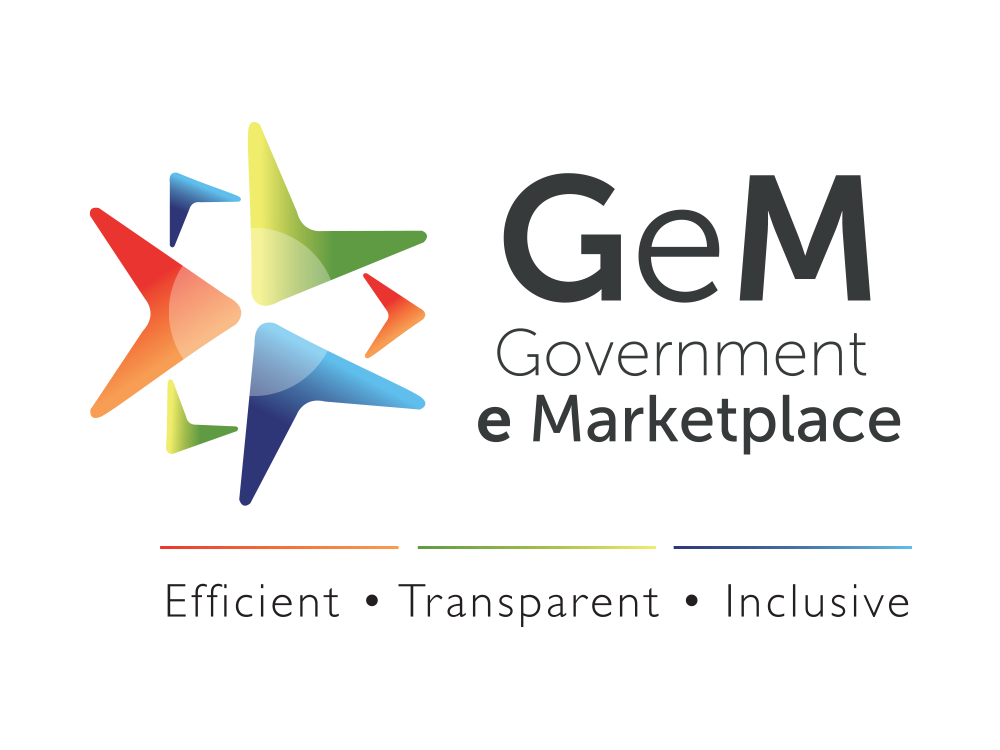
Key Points of the Article
- Rapid Growth: Procurement of services on the GeM platform has surged significantly from ₹8,500 crore in 2020-21.
- Coal India Influence: Two substantial bids from South Eastern Coalfield Limited contributed heavily to the recent increase in service procurement.
- GeM as a One-Stop-Shop: The GeM platform is expanding to become a comprehensive resource for various government procurement needs.
- Established Platform: Founded in 2016, GeM provides an online marketplace for the government’s public procurement of goods.
- Service Expansion: In 2019-20, the platform began offering services including hiring (manpower, cab), security, and cleaning/sanitation, accessed through e-bidding and reverse auction tools.
ARC sector’s AUM likely to cross ₹10 lakh crore-mark in FY24: Report
India’s Asset Reconstruction Companies (ARCs) sector is experiencing substantial growth, with the potential to exceed ₹10 lakh-crore in Assets Under Management (AUM) this fiscal year. This growth is partially due to the decline in banking sector NPAs, however, ARCs are seeing new opportunities in rising retail and SME bad assets.
Key Points of the Article
- Strong Growth: ARCs are seeing a significant increase in AUM, potentially crossing ₹10 lakh-crore this fiscal year.
- Slowing Growth Expected: Next fiscal, the growth rate is expected to decline to 5-6% due to lower NPAs within banks and NBFCs.
- Shifting Focus: Despite declining overall NPAs, ARCs see opportunities in the increase of bad assets within retail and SME loan portfolios.
- Rising Recovery: Increased redemption of security receipts suggests improving debt recovery for ARCs.
- Expanding Portfolio: ARCs are aiming to diversify their focus from primarily corporate debt to include more retail and SME debt.
- Sector Evolution: Since their introduction in 2003, the ARC sector in India has grown to comprise 27 players.
FinMin notifies Akasa Air as ‘designated Indian carrier’
India’s Ministry of Finance has designated Akasa Air as a “designated Indian carrier.” This status allows the airline to operate international flights and benefit from tax exemptions on fuel for those flights. Akasa Air is expanding its network by adding Doha, Qatar as its first international destination.
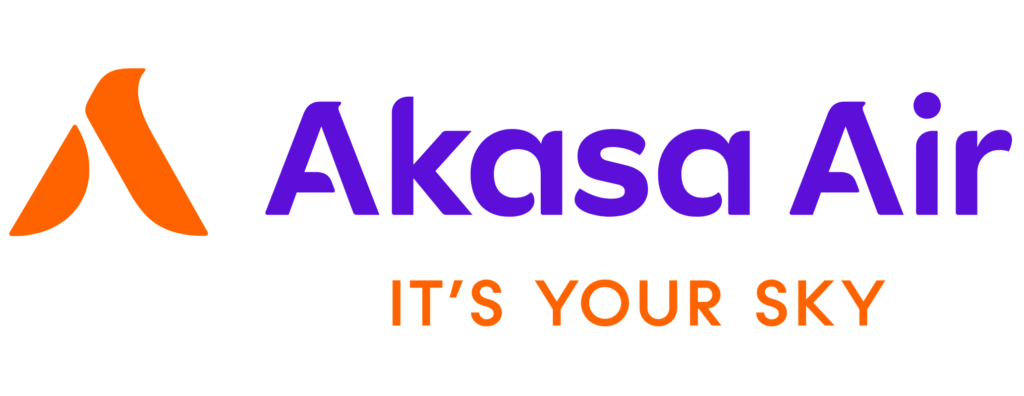
Key Points of the Article
- Official Designation: Akasa Air is now recognized as a “designated Indian carrier” by the Ministry of Finance.
- Tax Benefits: This designation grants tax exemptions on aviation turbine fuel used for international flights.
- International Expansion: Akasa Air will begin flights to Doha, Qatar, marking its first international route.
- Rapid Growth: Akasa Air has become the first Indian airline to launch international flights within 19 months of its inception.
- Strengthening Ties: The new route aims to boost tourism and trade between India and Qatar.
- Ambitious Growth: Akasa Air’s CEO expressed the vision of becoming one of the world’s top 30 airlines within this decade.
- Expanding Fleet & Network: Since its launch in 2022, Akasa Air has grown rapidly, serving over 77 lakh passengers, flying to 21 cities, and operating 22 Boeing 737 Max aircraft.
Onion exporters seek “fair and just” export system
India’s Horticulture Produce Exporters’ Association (HPEA) urges the government to implement a fair system for onion exports, following the limited authorization of exports to certain countries. The HPEA criticizes the alleged practice of select exporters securing contracts through foreign government recommendations and calls for investigations into potential unfair practices.
Key Points of the Article
- Limited Export Authorization: The government has allowed 54,760 tonnes of onion exports to Bangladesh, Mauritius, Bahrain, and Bhutan.
- HPEA Request: The HPEA advocates for a fair and equitable distribution of export opportunities among its members.
- Allegations of Unfair Practices: Some exporters are accused of securing contracts by influencing foreign governments to request Indian onion exports and nominate them as the suppliers.
- Concerns over Disproportionate Benefits: Exporters express concern that if contracts are primarily awarded to a select few based on external recommendations, it undermines free trade and harms the majority of onion exporters.
- Call for Investigation: Exporters demand investigations by agencies like the ED and CBI into potential corruption and unfairness within the onion export process.
- Need for Equitable Benefits: Exporters emphasize the need to protect the interests of onion farmers, laborers, and other stakeholders who are being negatively impacted by the current system.
SEBI set to unveil cybersecurity and resilience framework for capital markets.
SEBI, India’s capital markets regulator, is preparing to introduce a Cybersecurity and Resilience Framework to strengthen cybersecurity within the financial sector. The framework is currently under review by industry stakeholders, and SEBI’s Whole-Time Member emphasized its importance in safeguarding against cyberattacks.

Key Points of the Article
- Framework Development: SEBI has drafted a Cybersecurity and Resilience Framework and is seeking feedback from the Industry Standards Forum for Brokers.
- Mandatory Adoption: Once finalized, the framework will be mandatory for all market intermediaries and ecosystem players.
- Cybersecurity Concerns: The need for this framework is underscored by recent cyberattacks on financial institutions, highlighting the vulnerability of equity markets.
- Technological Adaptation: SEBI urges brokers to stay up-to-date with global technological advancements and integrate them into their operations for increased competitiveness.
- Focus on AI: SEBI itself is already leveraging Artificial Intelligence (AI) for investigations and other purposes.
- Broker Responsibilities: SEBI warns about manipulative activities by some brokers and urges the broking community to be vigilant and report such activities.
- Investor Trust: Building and maintaining investor trust is emphasized as a critical element for continued growth in the capital markets.
- Positive Growth: India’s capital markets have seen resource mobilization double in recent years, with a significant increase in demat accounts.
RBI, Govt support to fuel fintech firms growth: NPCI Chief Dilip Asbe.
Dilip Asbe, CEO of the National Payments Corporation of India (NPCI), believes Indian fintech companies have the potential to become global leaders. With government and RBI support, they are well-positioned to export Indian payment solutions and standards. However, he emphasizes the importance of regulatory compliance and responsible innovation.
Key Points of the Article
- Global Expansion Potential: Indian fintech companies have a significant opportunity to expand their footprint globally, backed by government and RBI support.
- Educating Global Markets: Before exporting payment solutions, Indian fintechs should focus on explaining India’s payment standards to international markets.
- Balancing Domestic & Global: Fintechs face a challenge in balancing their efforts between the large domestic market and potential global expansion.
- Compliance is Crucial: Asbe strongly advises fintech founders to prioritize regulatory compliance and avoid developing products without explicit regulatory approval.
- Responsible Innovation: Managing financial transactions requires responsibility, and compliance is essential for long-term success in the fintech industry.
- UPI’s International Reach: NPCI is actively working to expand the reach of UPI payments internationally, with the service already live in several countries.
Go First lenders ask resolution professional to evaluate revival bids.
Lenders to the grounded airline Go First are evaluating revival plans submitted by two potential bidders. Ajay Singh, SpiceJet promoter, partnered with EaseMyTrip, while aviation firm Sky One has made a separate bid. Lenders are seeking clarity on how the bidders plan to address outstanding debts before deciding on the airline’s future.

Key Points of the Article
- Evaluation of Revival Plans: Lenders have requested the resolution professional to analyze and summarize the revival plans submitted by interested bidders.
- Clarity on Debt Settlement: Lenders want to understand how bidders intend to settle outstanding creditor claims, which include significant amounts owed to banks.
- Two Potential Bidders: Ajay Singh of SpiceJet, in partnership with EaseMyTrip, and aviation firm Sky One have submitted separate bids to revive Go First.
- Hope for Revival: These bids offer a potential lifeline for the grounded airline, which ceased operations due to financial difficulties.
- Significant Debt Burden: Go First faces substantial creditor claims, including a large debt owed to banks.
RBI allows Paytm’s UPI payment business to be migrated to other banks.
The Reserve Bank of India (RBI) has taken further action regarding Paytm, allowing the transfer of its UPI payments business from Paytm Payments Bank to other banks while restricting the opening of new accounts. This move brings Paytm in line with competitors like Google Pay and PhonePe and continues restrictions on Paytm’s banking activities.
Key Points of the Article
- UPI Business Transfer: Paytm can move its UPI-based payments operations to 4-5 other banks, ensuring business continuity.
- New Account Restrictions: Paytm Payments Bank cannot onboard new users until existing accounts are migrated.
- TPAP Application: RBI is considering Paytm’s request to become a third-party application provider (TPAP) on the UPI platform, which would allow continued UPI services on the Paytm app.
- Merchant Payments: Paytm needs to set up settlement accounts with 1-2 banks to continue merchant payment services.
- PSP Banks: RBI has instructed NPCI to work with 4-5 banks capable of handling high-volume UPI transactions to become Paytm’s payment service providers (PSP).
- Deadline for Banking Services: Paytm’s banking services, FASTag, and NCMC will cease operations on March 15th. Wallet users should seek alternatives.
Rs 3 trn by FY29: Rajnath lays down ambitious defence production target
India’s Defence Minister Rajnath Singh has set ambitious targets for the country’s defense production and exports. He aims to achieve Rs 3,00,000 crore in annual production and Rs 50,000 crore in exports by 2028-29. The government emphasizes self-reliance in defense manufacturing, moving away from heavy reliance on arms imports.
Key Points of the Article
- Increased Production & Export Targets: India aims to significantly boost defense production and exports by 2028-29.
- Focus on Self-Reliance: The government prioritizes domestic manufacturing of high-end defense systems, including aero-engines and gas turbines.
- Progress Under 2018 Policy: The Defence Production Policy of 2018 (DPrP 2018) has guided growth in indigenous defense production, with targets for production, investment, and employment.
- Shift from Importer to Exporter: India has transitioned from a major arms importer to a top arms exporter, with current defense exports exceeding Rs 16,000 crore.
- Jointness and Integration: The government prioritizes the integration of India’s armed forces for enhanced coordination and readiness.
- Long-Term Vision: The focus is on sustainable achievements to support India’s development goals by 2047.
US imposes sanctions on Russian shipping giant in bid to squeeze oil sales
The United States, in coordination with allies, has imposed sanctions on Russian oil-shipping company Sovcomflot PJSC. This move aims to further restrict Russia’s ability to profit from oil exports and evade existing price caps.
Key Points of the Article
- Targeting Oil Shipping: The sanctions target Sovcomflot, a major Russian oil shipping company, and 14 associated crude oil tankers.
- International Coordination: The US action aligns with sanctions imposed by allies, including the UK, Australia, Canada, New Zealand, and the European Union.
- Aim of Price Cap: The sanctions are part of ongoing efforts to enforce the price cap on Russian oil exports, limiting revenue for Russia’s war efforts.
- Impact on Russia: Sanctions on Russian oil have reportedly reduced the Kremlin’s monthly revenues.
- Ongoing Enforcement: Treasury officials believe recent enforcement actions are making the price cap more effective.
UAE removed from global watchdog’s dirty money list in quick turnaround.
The United Arab Emirates (UAE) has been removed from the Financial Action Task Force’s (FATF) “gray list” after demonstrating significant improvements in combating money laundering and terrorist financing. This decision could lead to smoother financial transactions and increased foreign investment for the UAE.
Key Points of the Article
- Removal from Gray List: The UAE’s efforts to strengthen its anti-money laundering (AML) and counter-terrorism financing (CTF) regime have been recognized by the FATF, leading to its removal from the gray list.
- Potential Benefits: The decision could result in smoother foreign transactions, reduced inter-bank fees, and increased trade and investment for the UAE.
- Gradual Improvement: Experts predict a gradual, rather than immediate, change in how the international compliance community interacts with the UAE.
- Importance of Continued Vigilance: The UAE must maintain its robust AML/CTF measures to ensure long-term progress and avoid future demotions, especially with upcoming FATF evaluations in 2026.
- Political Focus: Emirati officials prioritized exiting the gray list, streamlining policies across the country and leveraging international cooperation agreements.
UAE’s exit from FATF grey list to boost FPI flows, investment into Indian NBFCs
The UAE’s removal from the Financial Action Task Force (FATF) gray list will ease restrictions and facilitate investment from the UAE into Indian non-banking financial companies (NBFCs). This move is expected to increase cross-border investments and boost foreign portfolio investor (FPI) flows from the region.
Key Points of the Article
- Easing of Restrictions: The UAE’s exit from the gray list removes barriers for UAE investors seeking significant influence in Indian NBFCs.
- Increased Investment Potential: Experts predict a potential increase in UAE investment into Indian NBFCs, PE/VC funds, and portfolio companies.
- Simplified KYC and Boosted FPI Flows: The decision could simplify Know Your Customer (KYC) requirements for FPIs from the UAE and potentially propel the UAE into the top 10 regions for FPI flows into India.
- Reduced Cost of Funding: The exit from the gray list could reduce the cost of funding for UAE-based banks and attract fund flows from other countries.
- Enhanced UAE Reputation: The decision may improve UAE’s standing as a fund jurisdiction, potentially creating competition for India’s GIFT IFSC.
Railways plans to take over debt-ridden RINL’s forged wheel plant.
India’s Railways is likely to acquire the Rae Bareli forged wheel plant from Rashtriya Ispat Nigam Ltd (RINL). This move aims to reduce import dependence, increase domestic production of forged wheels, and potentially help RINL reduce its debt.
Key Points of the Article
- Potential Acquisition: The Railways has agreed in principle to take over the RINL forged wheel plant, with discussions ongoing about the terms of the transfer.
- RINL’s Challenges: The forged wheel plant, despite significant investment, is operating below capacity due to various factors. RINL lacks the expertise to ensure its profitability.
- Railway’s Benefits: The Railways aims to ramp up production at the plant, potentially reaching 60,000 units annually, and use excess stock for exports. This would reduce India’s reliance on imported forged wheels.
- Financial Implications The acquisition could help RINL reduce its substantial debt.
- Increased Domestic Capacity: The Railways’ takeover, along with other projects, aims to significantly increase India’s domestic forged wheel production capacity, meeting the growing demand for high-speed trains.
Go First liquidation a possibility; lowballed banks may seek better offer.
Lenders to the grounded airline Go First are evaluating two bids for the carrier. The bids may be insufficient, and lenders might consider liquidation if the offers are not improved. Both bidders are reportedly not in strong financial positions.
Key Points of the Article
- Bid Evaluation: Lenders and the resolution professional are assessing the two bids for Go First to determine IBC compliance.
- Potential Low Offers: The bids reportedly offer a low upfront payment, with the majority of the bid amount contingent on various factors.
- Liquidation Possibility: Lenders may opt for liquidation if they deem the bids inadequate.
- Bidder Concerns: One bidder expressed concerns about the lack of information available in the data room, highlighting the challenges of acquiring a bankrupt company.
- Previous Failed Attempt: This is the second attempt to sell Go First. A previous round in October failed to attract sufficient bids.
Adani hints at collaborations with Uber after meeting CEO Khosrowshahi.
A recent meeting between billionaire Gautam Adani and Uber CEO Dara Khosrowshahi in India, hinting at potential future collaborations between Adani’s conglomerate and Uber. Both leaders shared their visions for India’s growth and the role their companies could play in this trajectory, especially focusing on expanding Uber’s operations in India, uplifting drivers, and accelerating the transition to electric vehicles (EVs). The meeting underscores both Uber’s commitment to enhancing mobility and sustainability in India and the Adani Group’s significant investments in energy transition, including solar power and EV infrastructure.
Key Points
- Meeting Between Adani and Khosrowshahi: Gautam Adani met with Uber CEO Dara Khosrowshahi in India, discussing potential collaborations between their companies.
- Shared Vision for India: Both leaders expressed admiration for each other’s vision for the growth of the Indian market and the upliftment of Indian drivers, emphasizing dignity and expansion.
- Commitment to EV Transition: The Uber CEO highlighted the company’s focus on accelerating the transition to electric vehicles (EVs) in India, aligning with the country’s sustainability goals.
- Memorandum of Understanding (MoU): Uber signed an MoU with the Open Network for Digital Commerce (ONDC) during Khosrowshahi’s visit, aiming to expand mobility offerings on the Uber app and support reliable, safe, and affordable rides across India.
- Engagements and Partnerships: Khosrowshahi’s India visit included discussions on technology with Infosys Chairman Nandan Nilekani and meetings with Indian government officials, reflecting Uber’s deepening engagement with the Indian market.
- Adani Group’s Investments: The Adani Group plans to invest $100 billion across various sectors, including energy transition, with initiatives in solar power generation and EV infrastructure, highlighting its commitment to sustainability.
- Uber’s Global EV Initiative: Uber is transitioning its global fleet to electric vehicles and has introduced Uber Green in Delhi, marking a step towards eco-friendly transportation solutions.

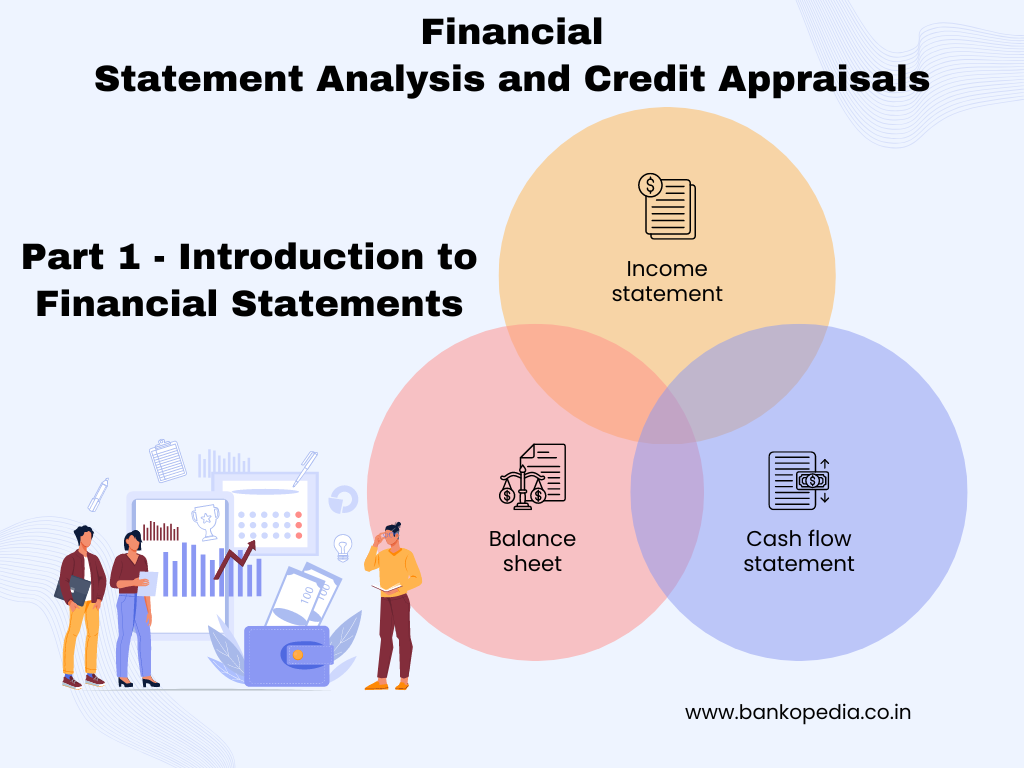




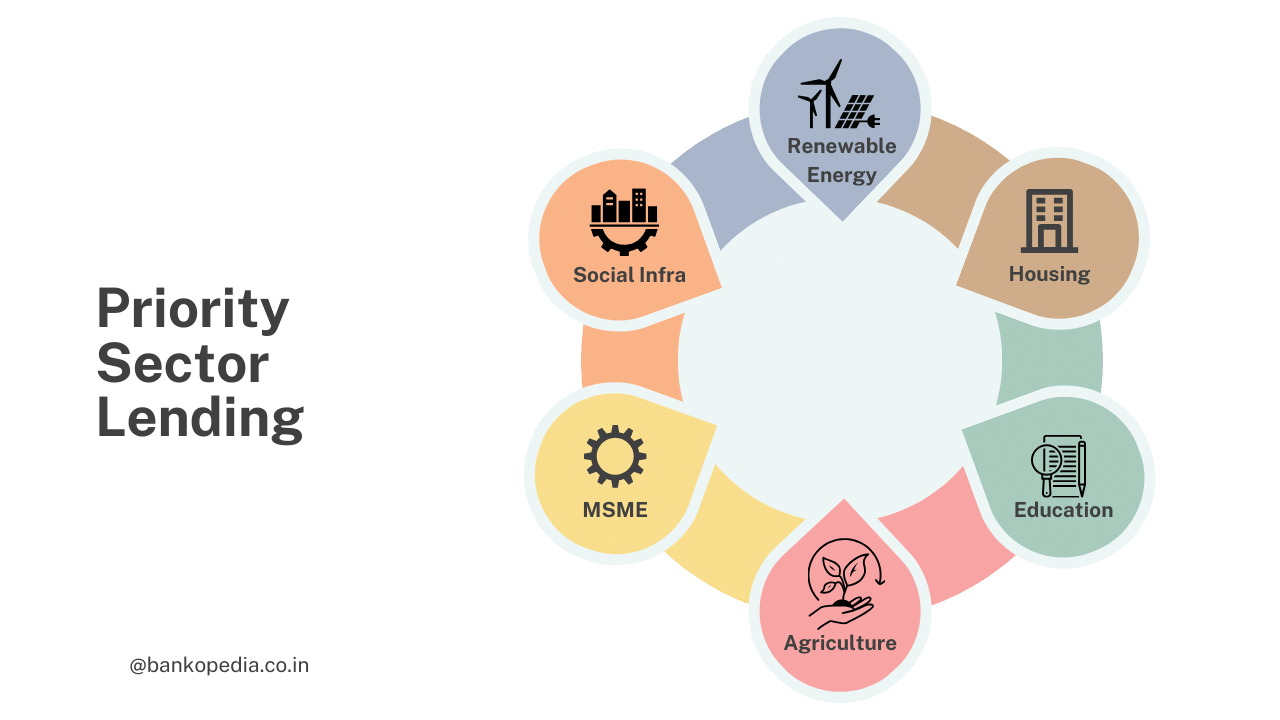

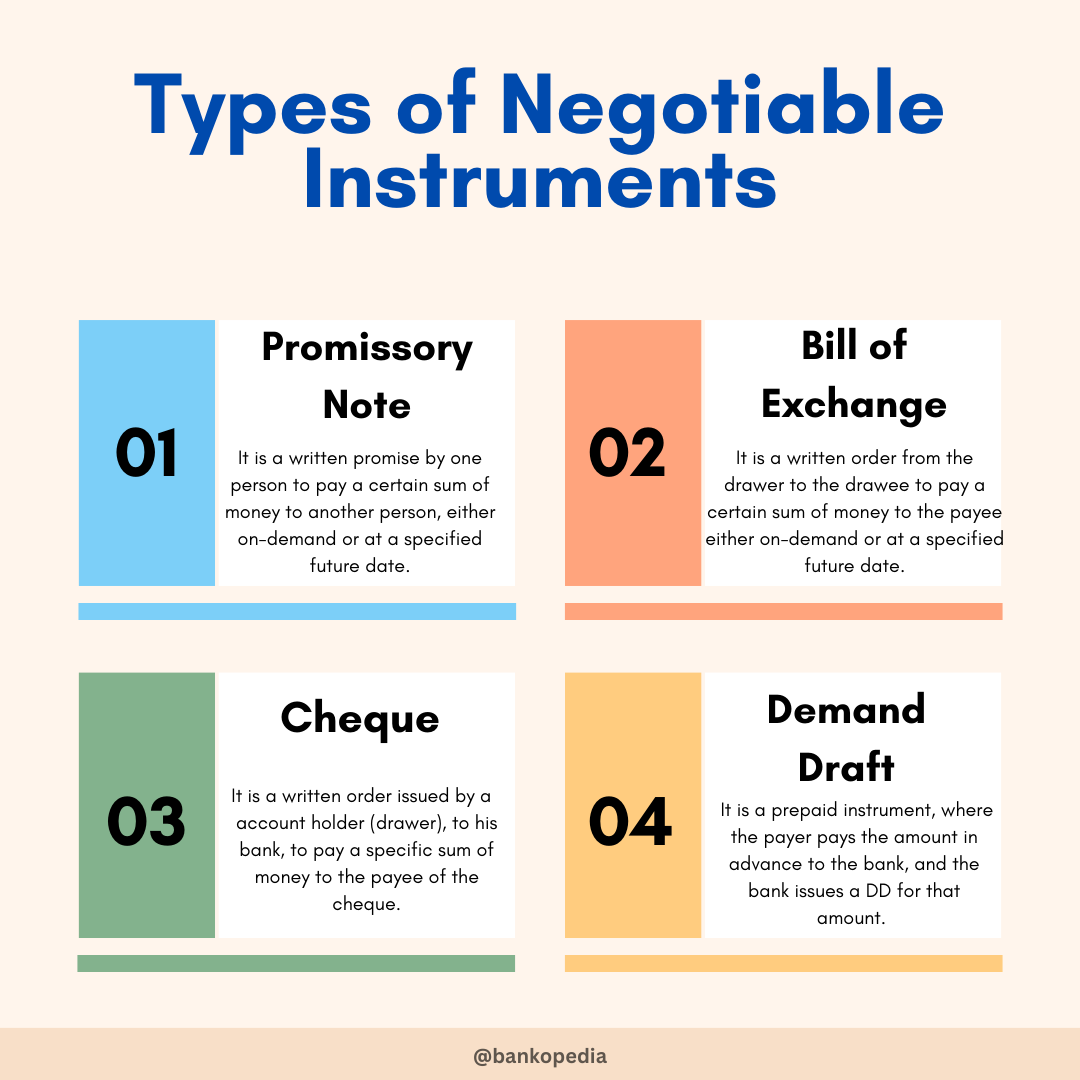



1 thought on “Daily Banking Digest – 25 February 2024”